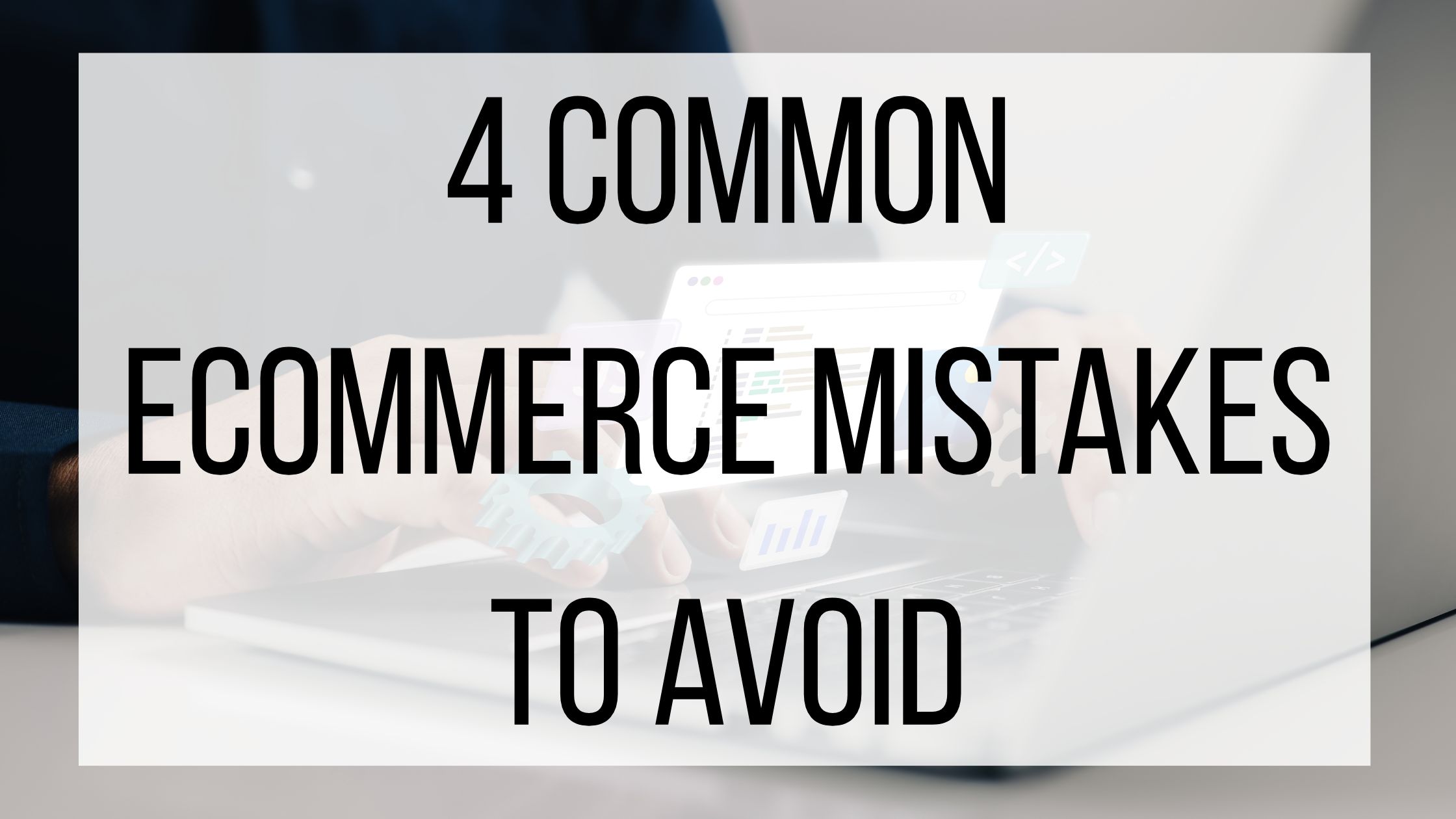Marketing Analytics: Skills Every Professional Should Develop

There are many skills involved with running a successful business, and marketing yourself well. Data and analytics are terms that are thrown around a lot, and it can seem overwhelming knowing what skills you need to perfect. Having analytical skills and using them to better your products and overall customer experience is extremely valuable, and helps you stay prepared with the ever-changing digital marketing field.
What Are Analytical Skills?
Analytical skills are the the ability to collect and analyze data, and draw conclusions from what you have found. This helps with problem solving and decision making in just about every aspect of your business. As you develop your analytical skills, you will be able to pinpoint issues before they become major problems. There are many analytical skills, but here are some of the most important ones to develop.
Critical Thinking:
Critical thinking is one of the most important skills you can develop. It can help you understand why certain issues are arising, and if they are worth time and money to solve. Prioritization, research analysis, decision making, and trouble shooting are all part of critical thinking.
Creative Thinking:
Creativity is also an important, and perhaps surprising, analytical skill. Creative thinking helps you find solutions to issues that might not be obvious, and allows you to see problems from different angles. Creative thinkers often see patterns and can offer multiple solutions to a problem. Brainstorming, collaboration, branding, campaign development, strategic planning, and adaptability are skills that fall under creative thinking.
Communication:
Communication is a skill that can get you far, especially with marketing analytics. Communication skills help you communicate with customers and affiliates, market your products, and understand feedback. It also helps you keep everyone on your team on the same page and resolve any potential conflicts. Respect, confidence, active listening, clarity, reporting, and feedback are a few of the skills that come with good communication. Having solid communication skills allow you to understand what your customers and colleagues, and reach them on their level.
Problem Solving:
Although problem solving falls under many categories of analytics, honing in on specific problem solving skills is incredibly valuable. If something does not go as planned, or you have an unhappy customer, your problem solving skills will come into play. Dependability, crisis management, data collection, risk taking, and organization all fall under the problem solving category.
Improving Analytical Skills:
Developing any of these skills will take time and practice. Although some people are naturally skilled in certain areas, there is always room for improvement. Mentorship is a great way to gain experience under the guidance of someone who has more expertise. Instead of relying on them to solve your issues or give you answers, learn their thought process when analyzing and solving problems. Certifications are also a great way to develop your skills. There are many courses online that allow you to learn and gain confidence in just about anything. Identify skills that you want to improve, and do a little research to find courses that fit your time and your budget.
As you develop in your career, your skill set will also develop. Even though these might not be skills you think of when you hear “analytics”, they are extremely important to learn and master. Stay committed to learning and improving, and your skill set will help you and your business excel.



2 Comments
wuxiaworld · September 30, 2021 at 4:07 am
Thank you so much for sharing such great information with us. Your website is great. We are very impressed by the details that you have on your website. We have bookmarked this site. keep it up and thanks again.
driving directions · June 7, 2023 at 3:17 am
I especially commend you on this type of content